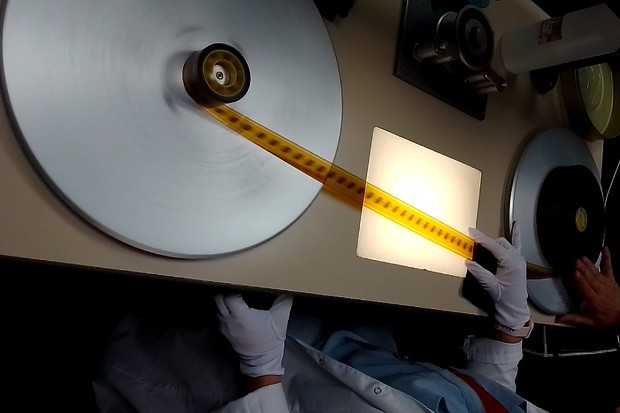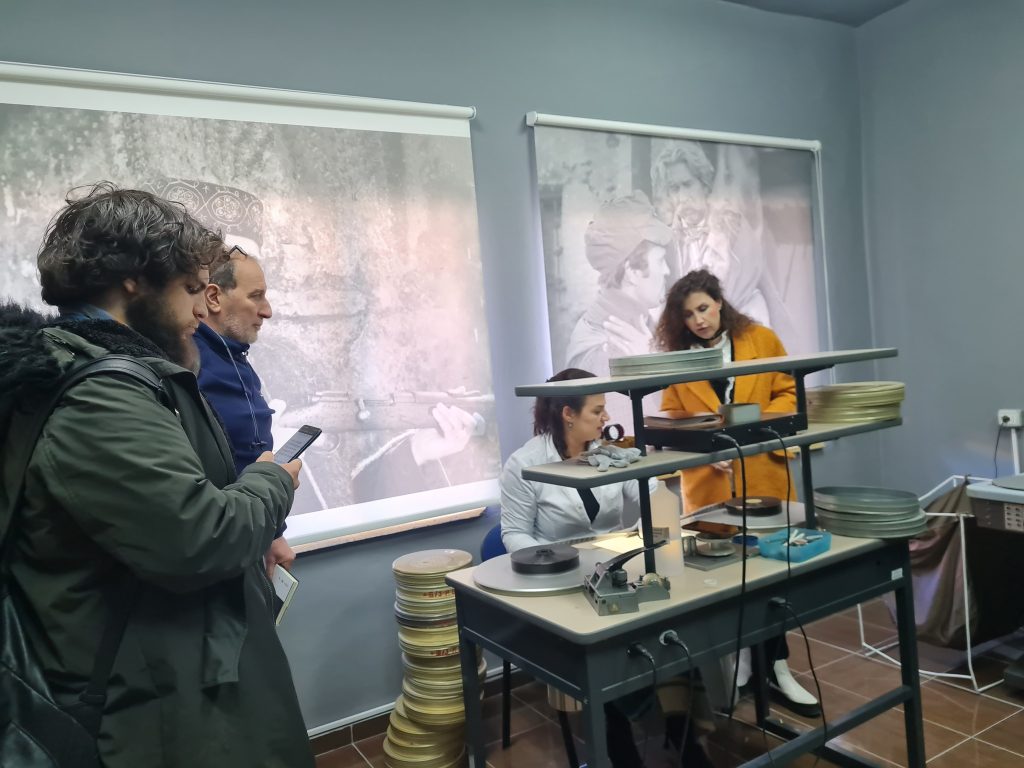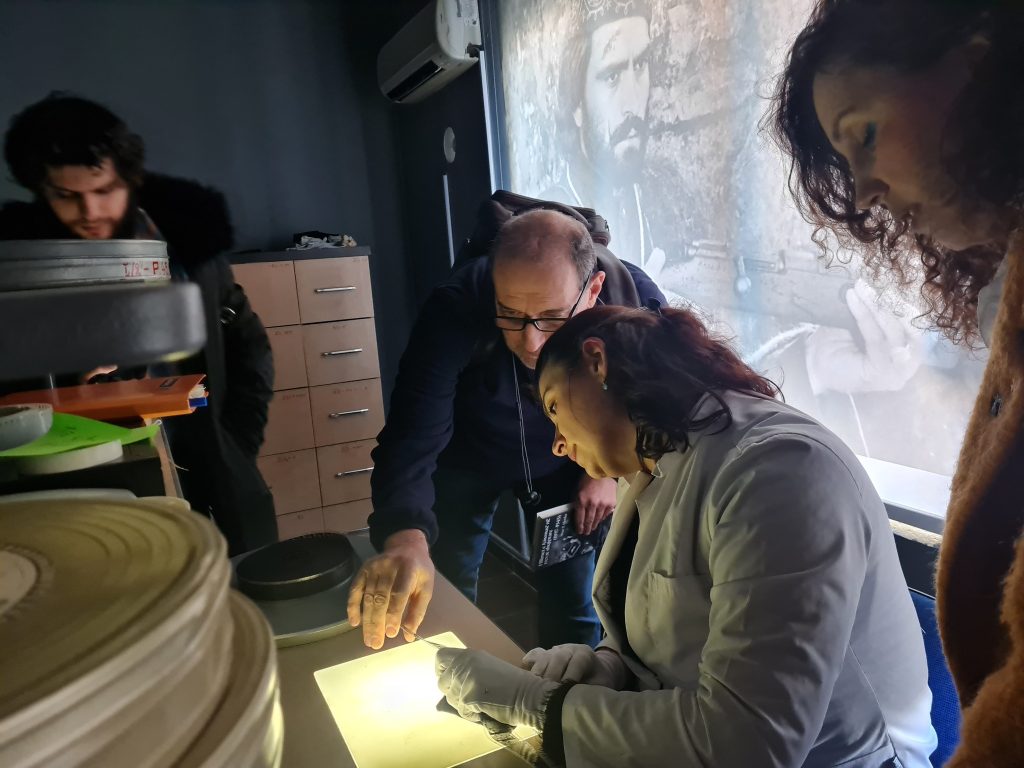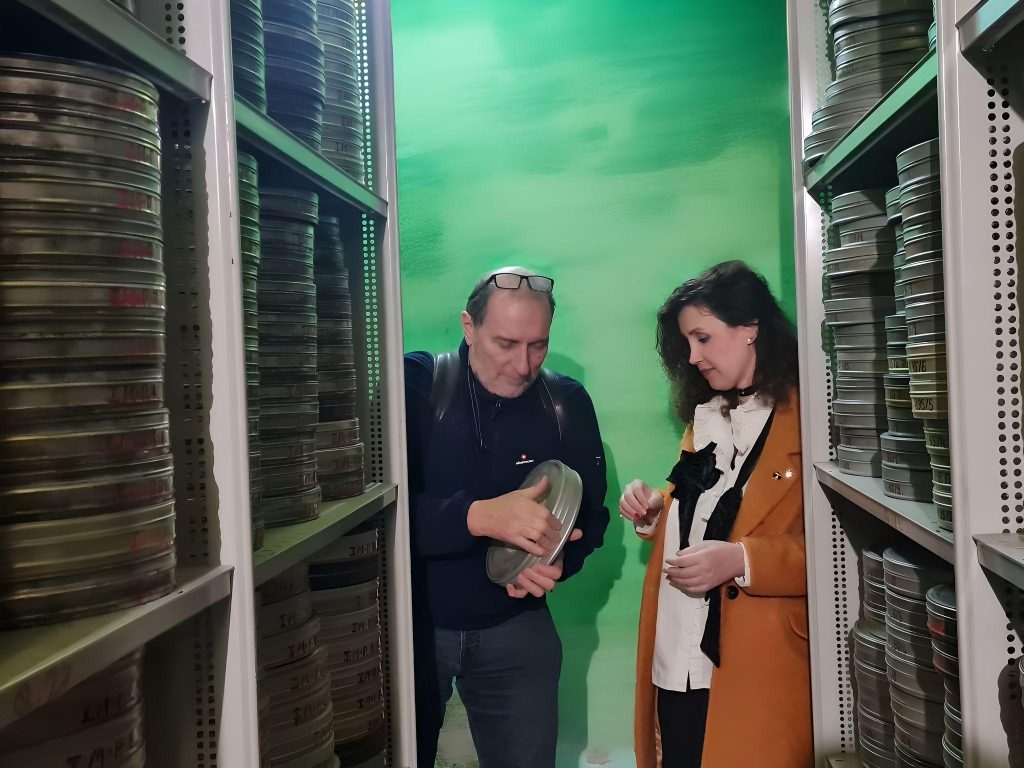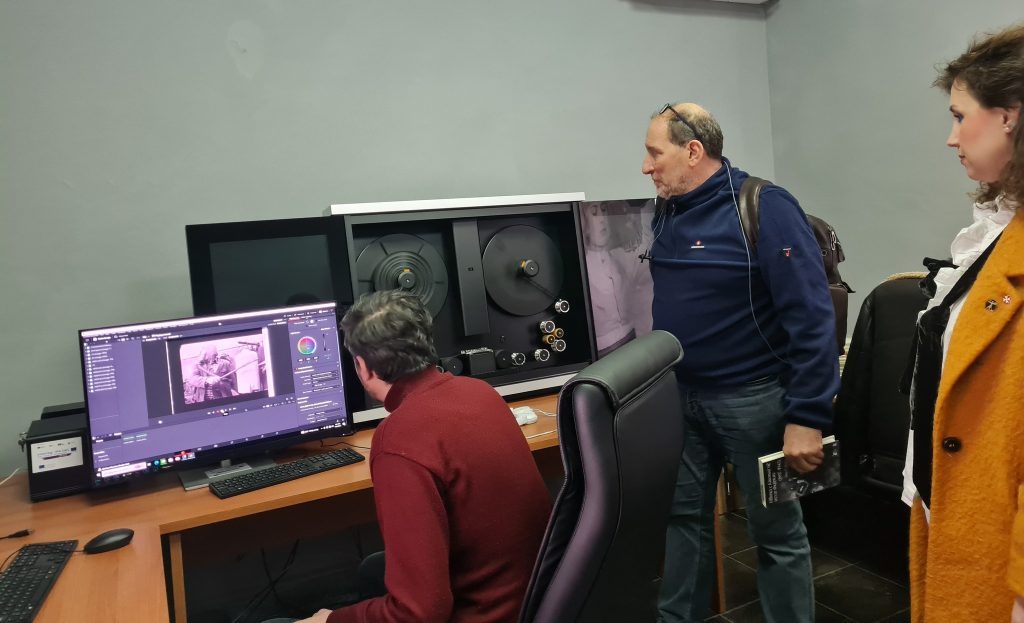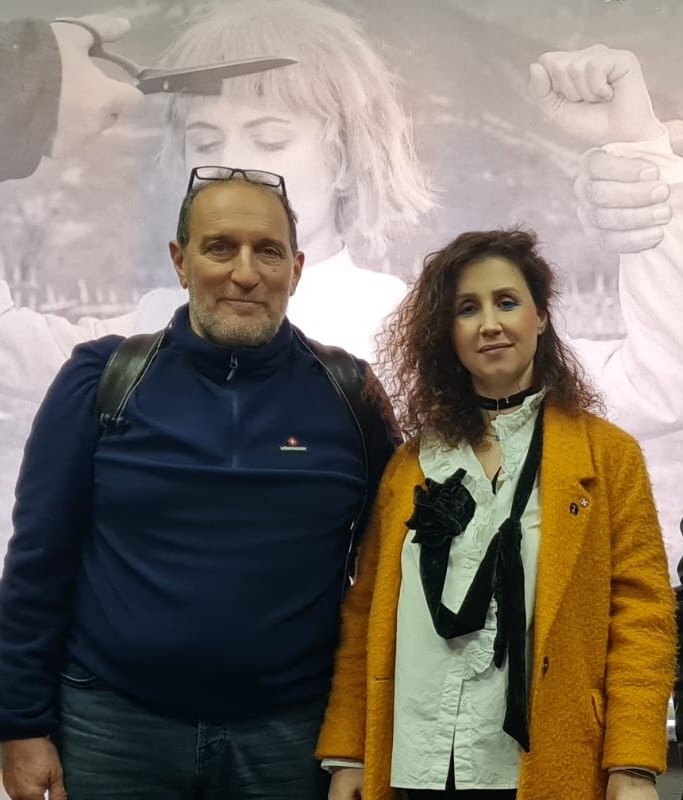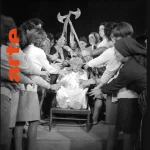AQSHF and Augustus Color signed a partnership agreement for the conservation of Albanian cinematographic heritage.
- Eriona Vyshka
- 08/03/2024
- 0 Comment
Augustus Color, a leading Italian company in the restoration of audiovisual materials in film and digitalization, and the Albanian National Film Archive in Tirana have started a partnership to preserve and enhance the rich Albanian cinematographic heritage. The agreement, signed by the CEO of Augustus Color, Augusto Pelliccia, and Marinela Ndria, director of the Albanian National Film Archive, establishes a lasting collaboration aimed at the digitization of film works and the training of young Albanians in the field of archiving and restoration.
The partnership envisages, as a first important step, the restoration and digitization of the film Kthimi i ushtrisë së vdekur (The Return of the Dead Army) by Dhimitër Anagnosti, identified by the Archive as a historical film of particular importance for Albanian cinema. The film, dating back to 1989, is an adaptation of the novel of the same name by Ismail Kadare, the most famous Albanian writer. Augustus Color undertakes to use its resources and skills to complete, in the next six months, the restoration and digitization of this pilot work, a story centered on the return to Albania, at the end of the Second World War, to recover the remains of the fallen soldiers, an Italian colonel and an Italian priest. Anagnosti’s film has the particularity of having two “twins”: two other films were based on the same novel by Kadare, The General of the Dead Army, an Italian film from 1983, directed by the master of photography Luciano Tovoli in his only direction, with Marcello Mastroianni and Michel Piccoli, and Life and Nothing Else, directed by the great French director Bertrand Tavanier, with Philippe Noiret and Sabine Azéma, awarded the special jury prize at the 1989 EFA; again in Albania, the state television RTSH also produced a television version Gjenerali i ushtrisë së vdekur, dated 1975, directed by Vladimir Prifti.
In its subsequent phases, the project will not be limited to the digitization of historical works of local cinema, but will also extend to an ambitious training course for young Albanians who wish to specialize as archivists, restoration and post-production technicians. Augustus Color will coordinate the training program, committing to transfer knowledge and skills through its highly specialized staff, as has already happened in past years for a similar restoration project of the national and private archives of the Kingdom of Morocco. Once restored, the films will be presented at the most important film festivals dedicated to film restoration.
This partnership represents an important step forward in the conservation and valorization of the Albanian cinematographic heritage, demonstrating the potential of international collaborations in the field of culture and art and renewing once again the great cinematographic and entrepreneurial bond that unites Italy and Albania. The partnership was born on the margins of the Balkan Film Festival in Rome and the Balkan Film Market in Tirana, from the meeting between Ludovico Cantisani, executive director of the Rome festival and producer of Augustus Color, and Ilir Butka, producer, teacher and director at head of the Tirana Film Office, and has developed rapidly thanks to the mutual availability and enthusiasm of the owner of Augustus Color and Marinela Ndria and Eriona Vyshka of the Tirana Archive.
As Augusto Pelliccia said in an interview for Albanian state TV which aired shortly after the signing of the partnership agreement, the aim of the project is “to share experiences and skills, refine the training of the new technicians of the Albanian photochemical laboratory with the historical technicians of Augustus Color in a partnership aimed at preserving the Albanian cinematographic heritage. The push to carry forward this project is not only the motivation of an entrepreneur who opens up to new markets, but with this operation, we hope to give a new impetus to the cultural and professional contamination between Italy and the Balkans, which already has a long history shoulders. Thinking bigger, I hope that this first contact with historical Albanian cinema will also lead us to identify the new contemporary authors and directors of Albanian cinema and give them a post-house for the finalization of the projects. Augustus Color has always been the home of young talents.”
